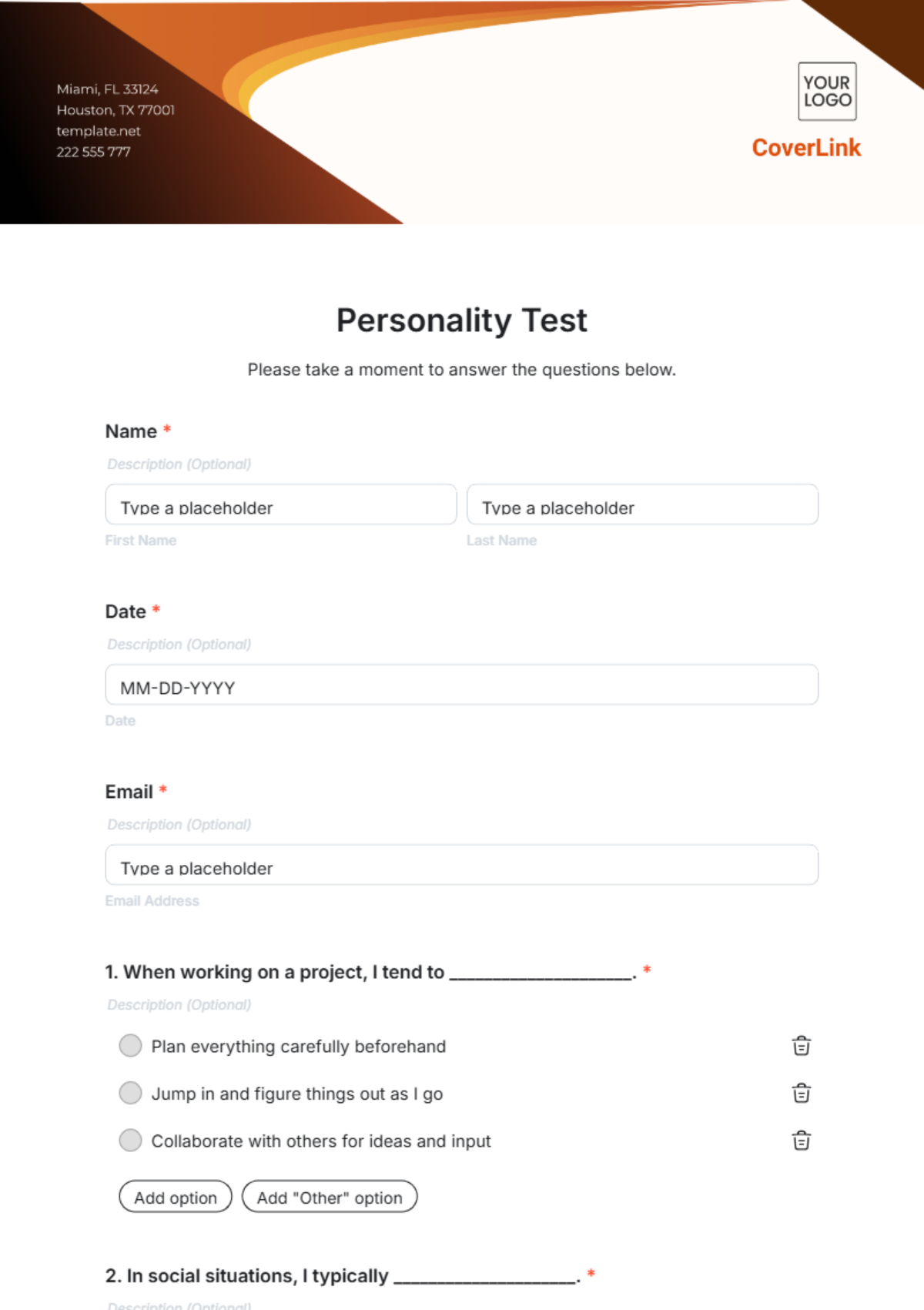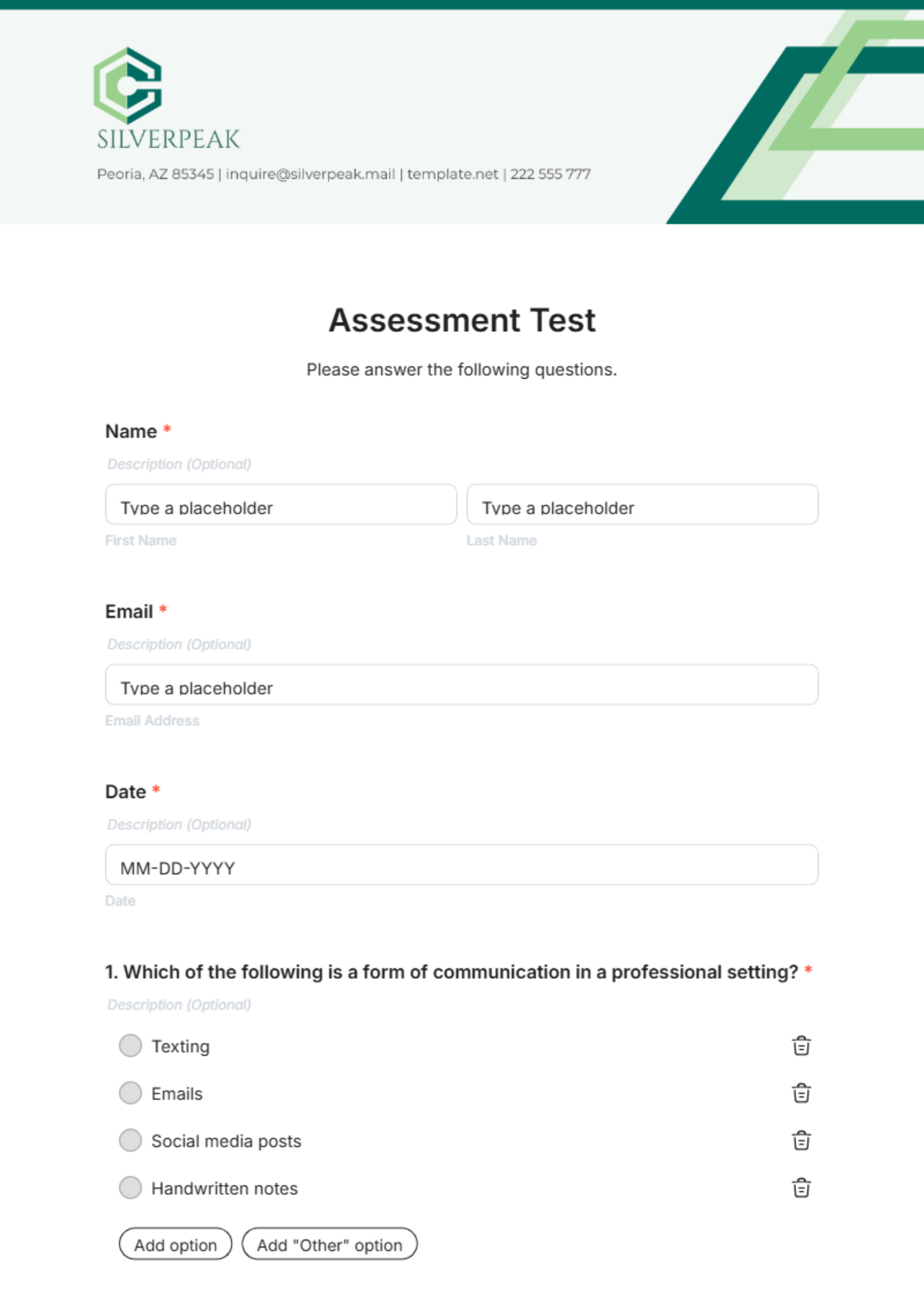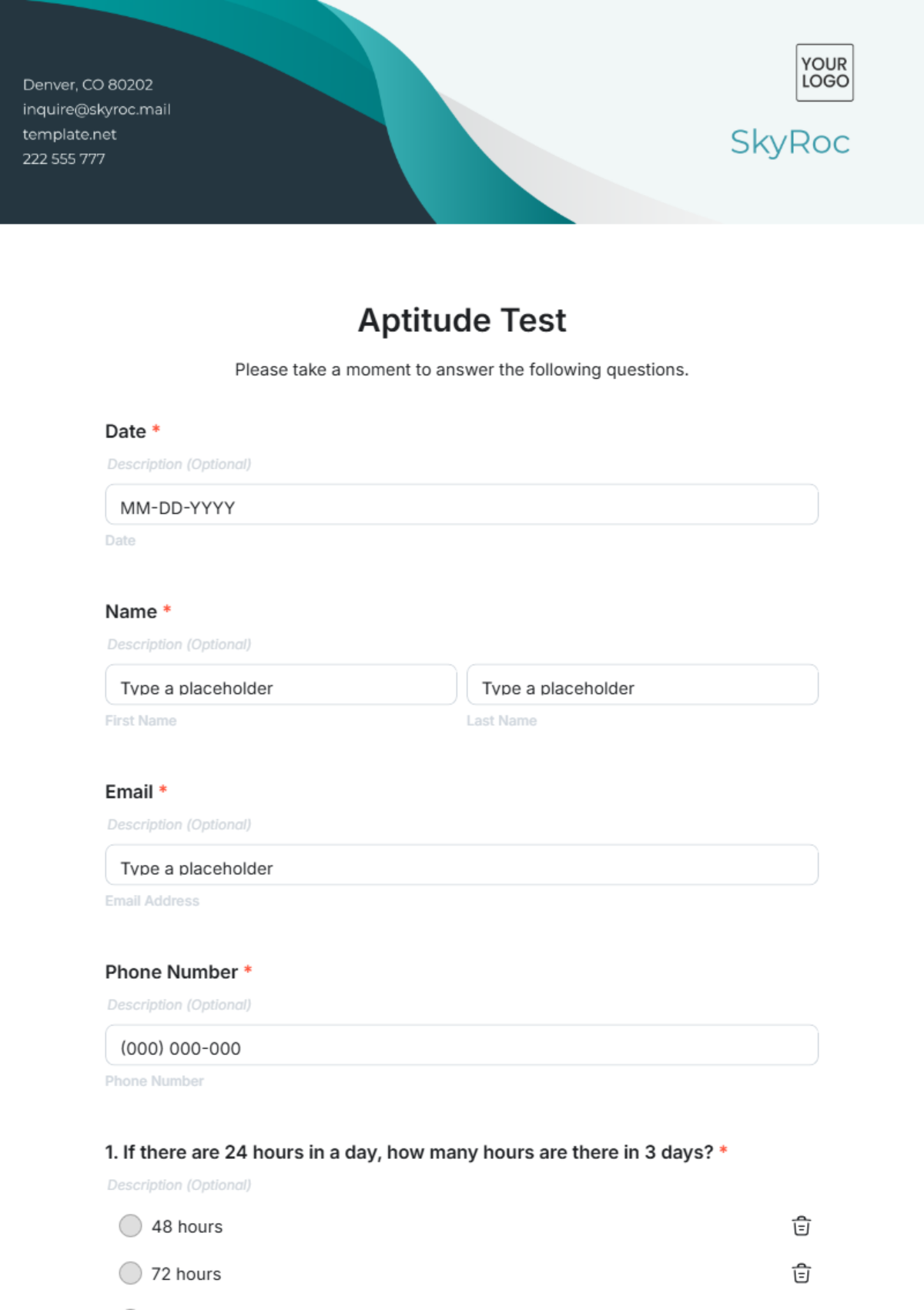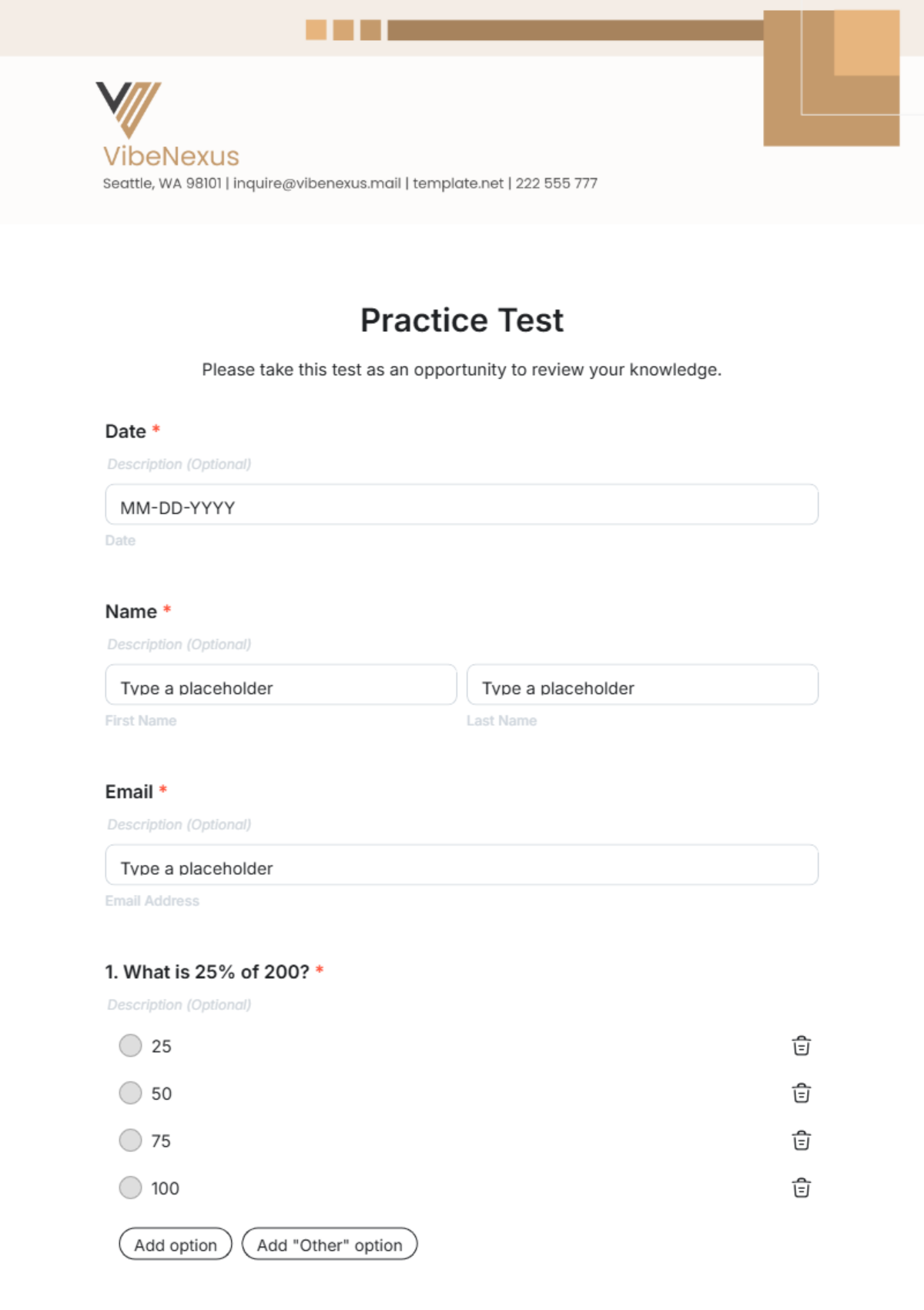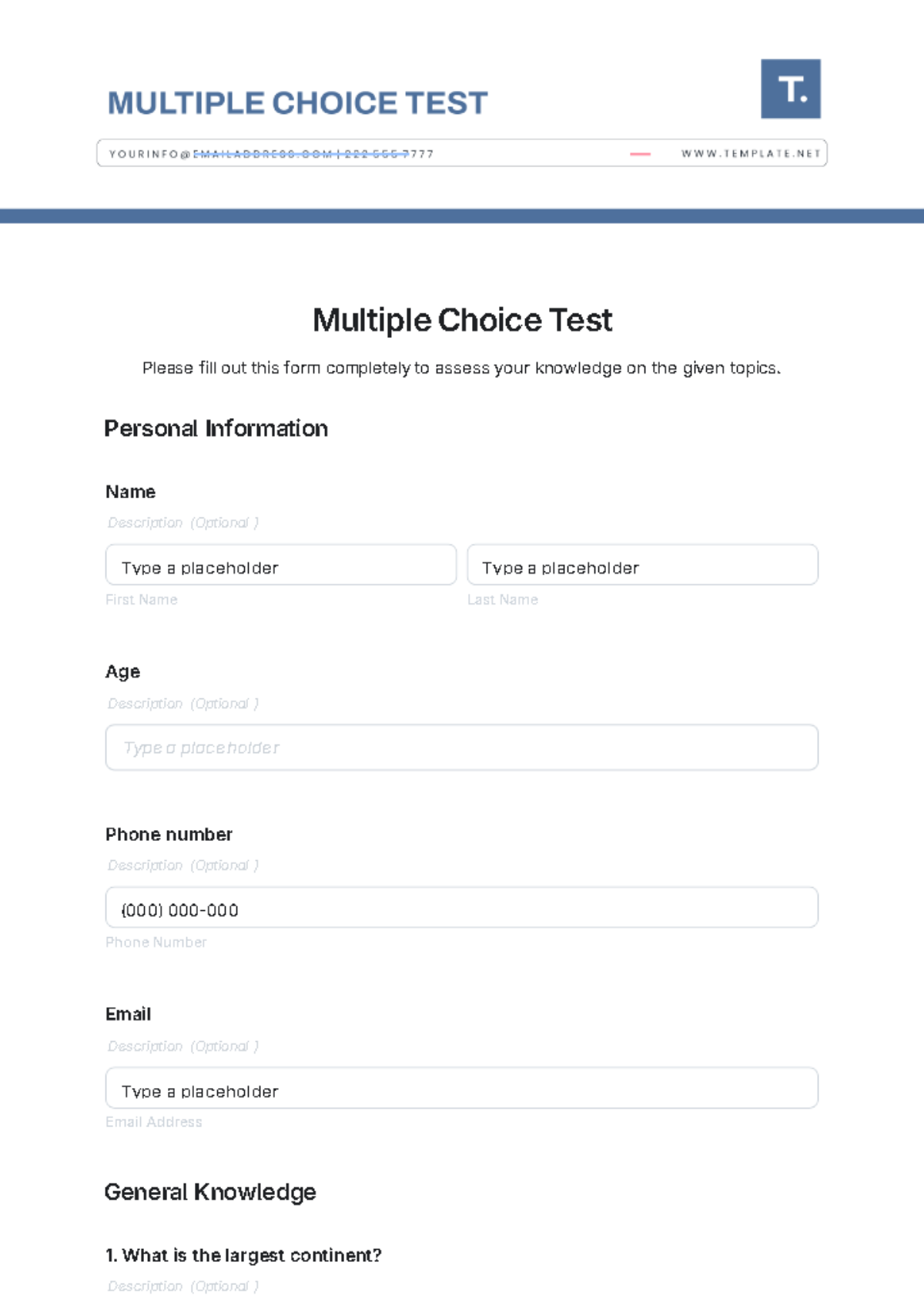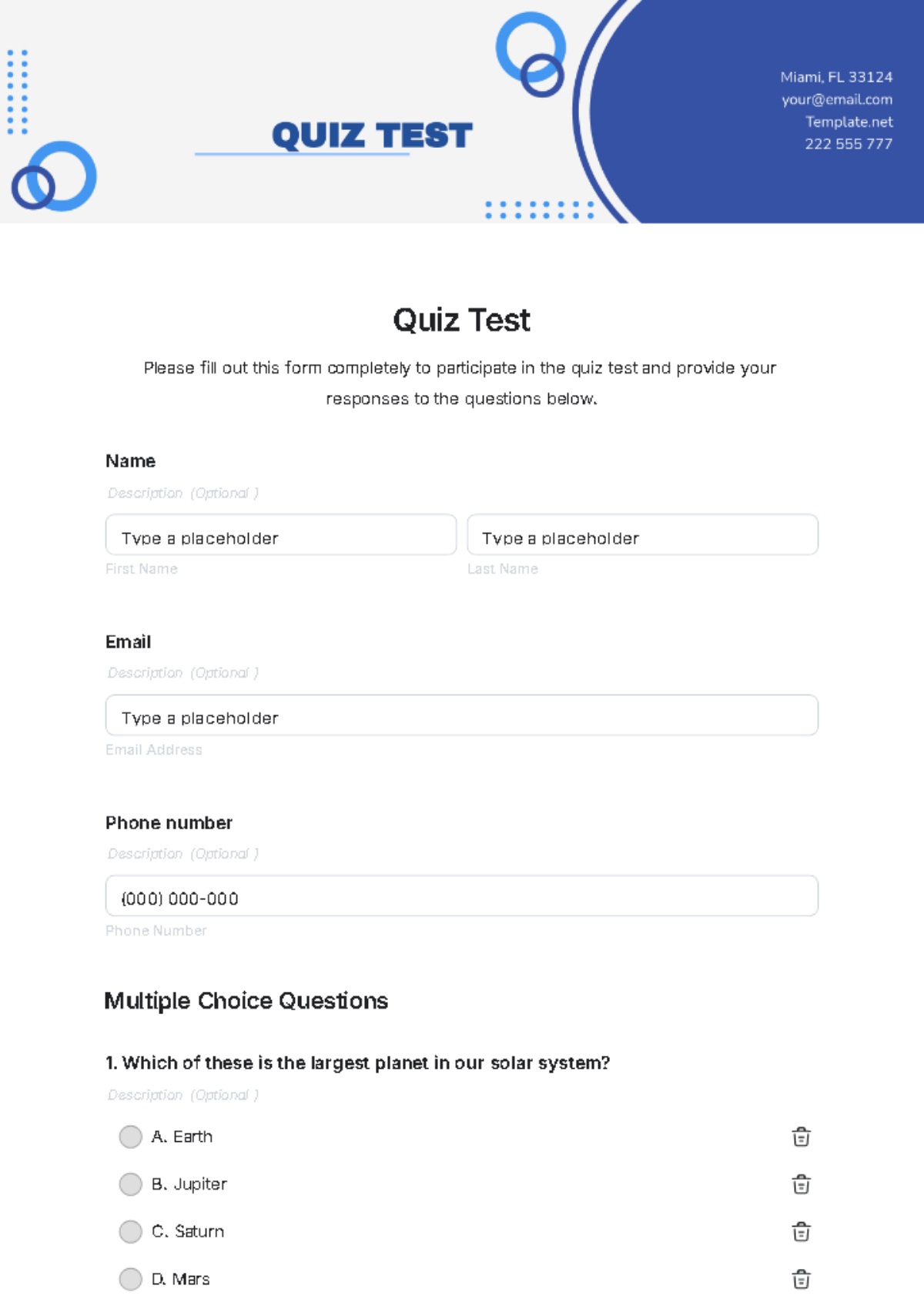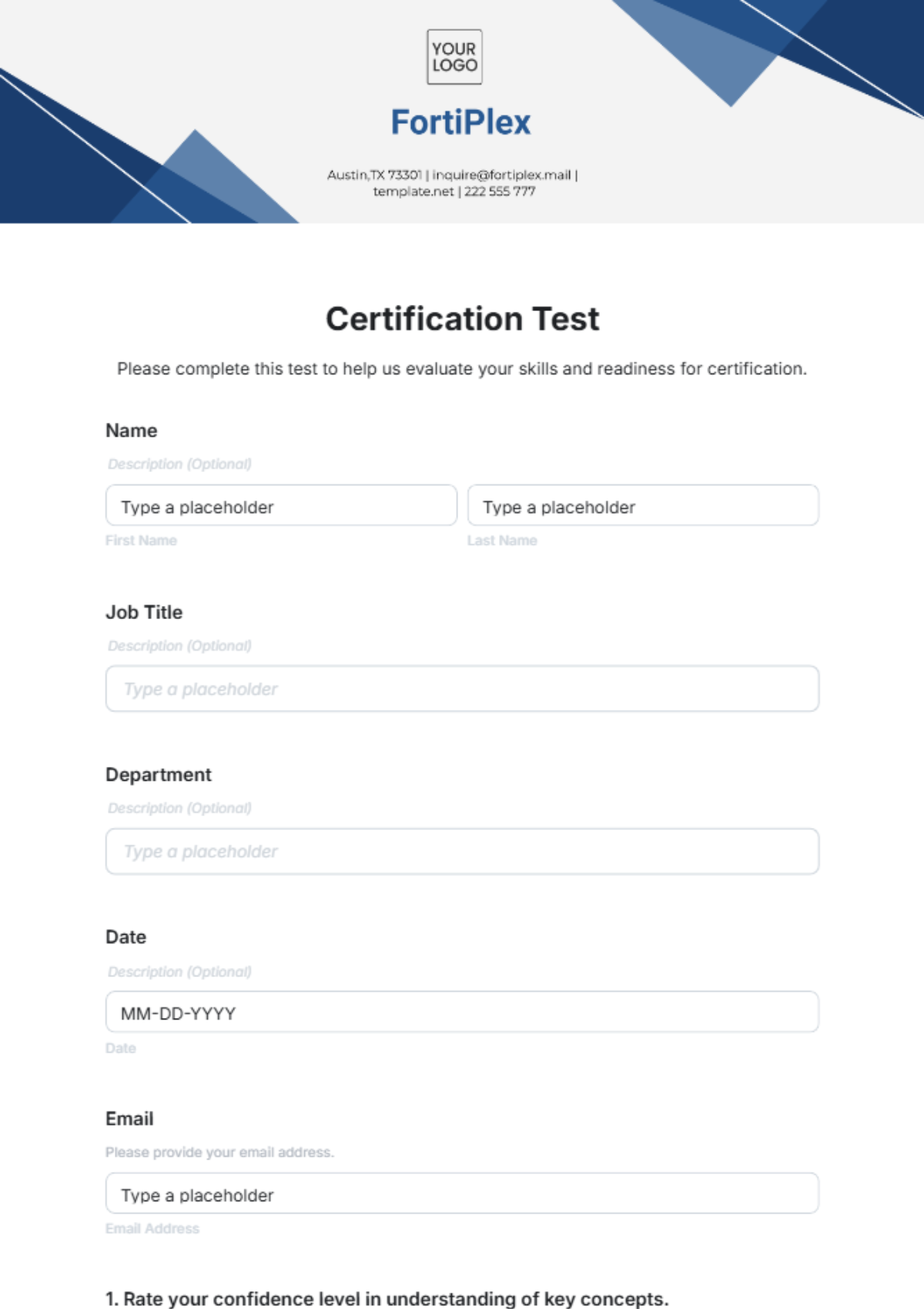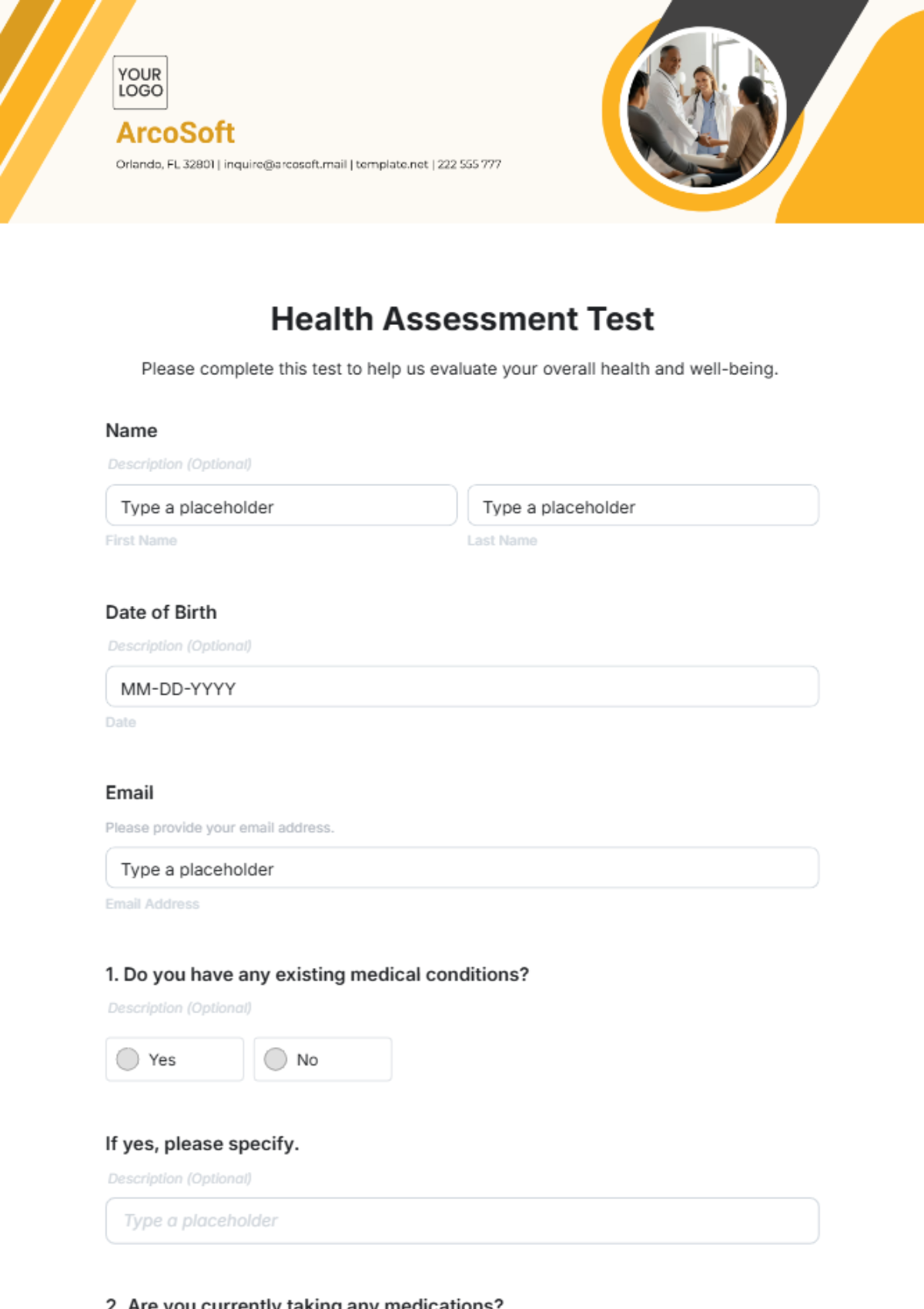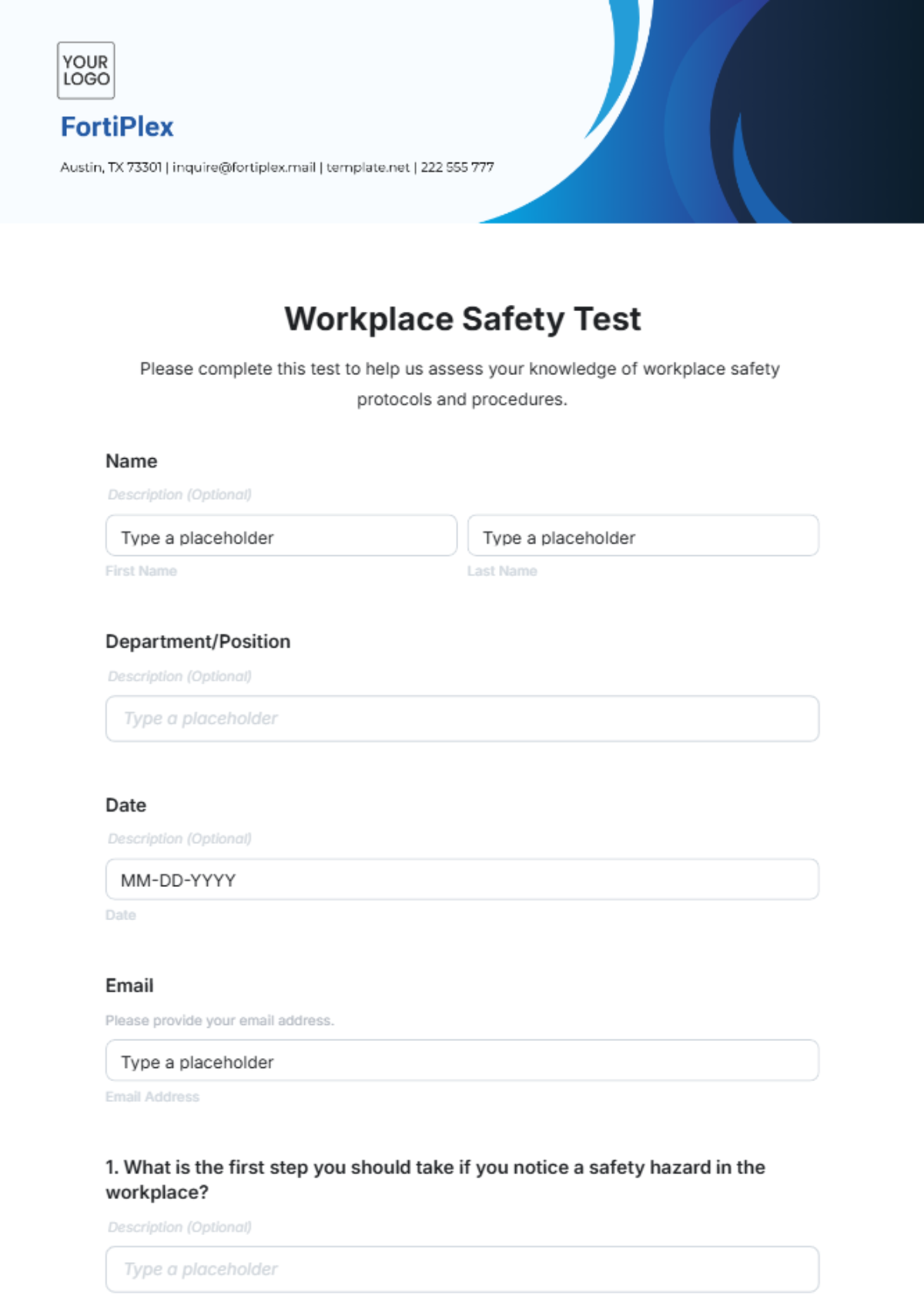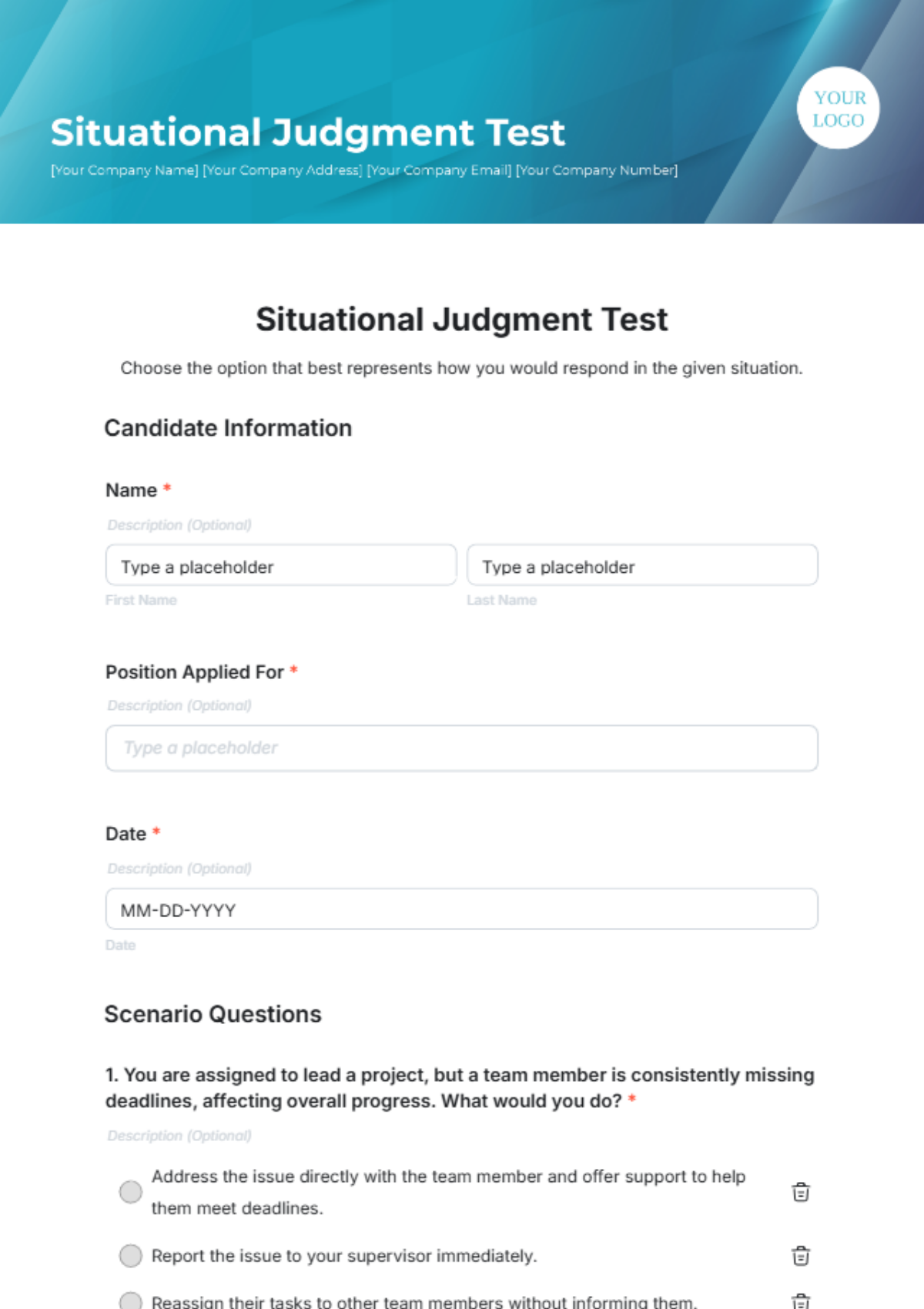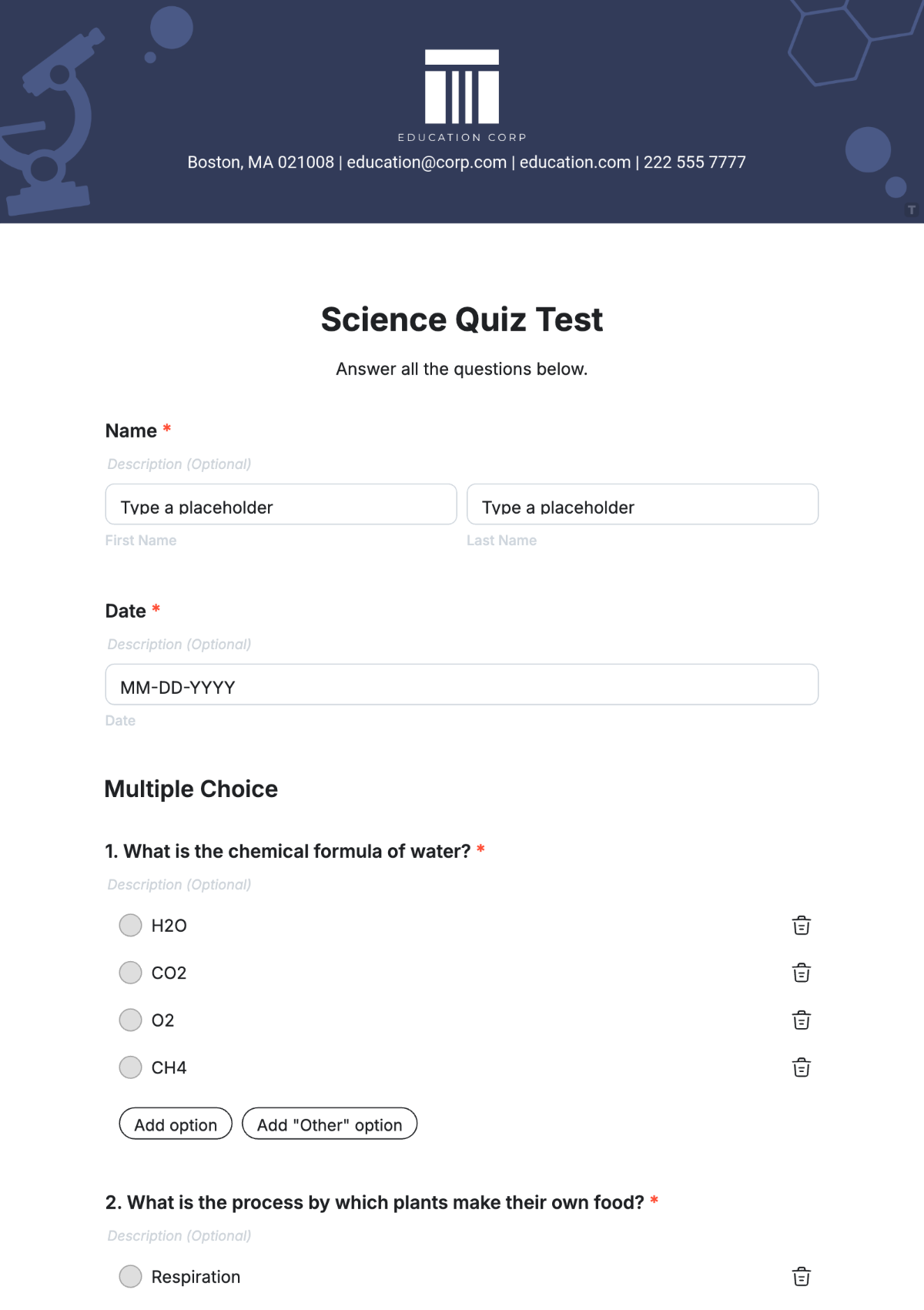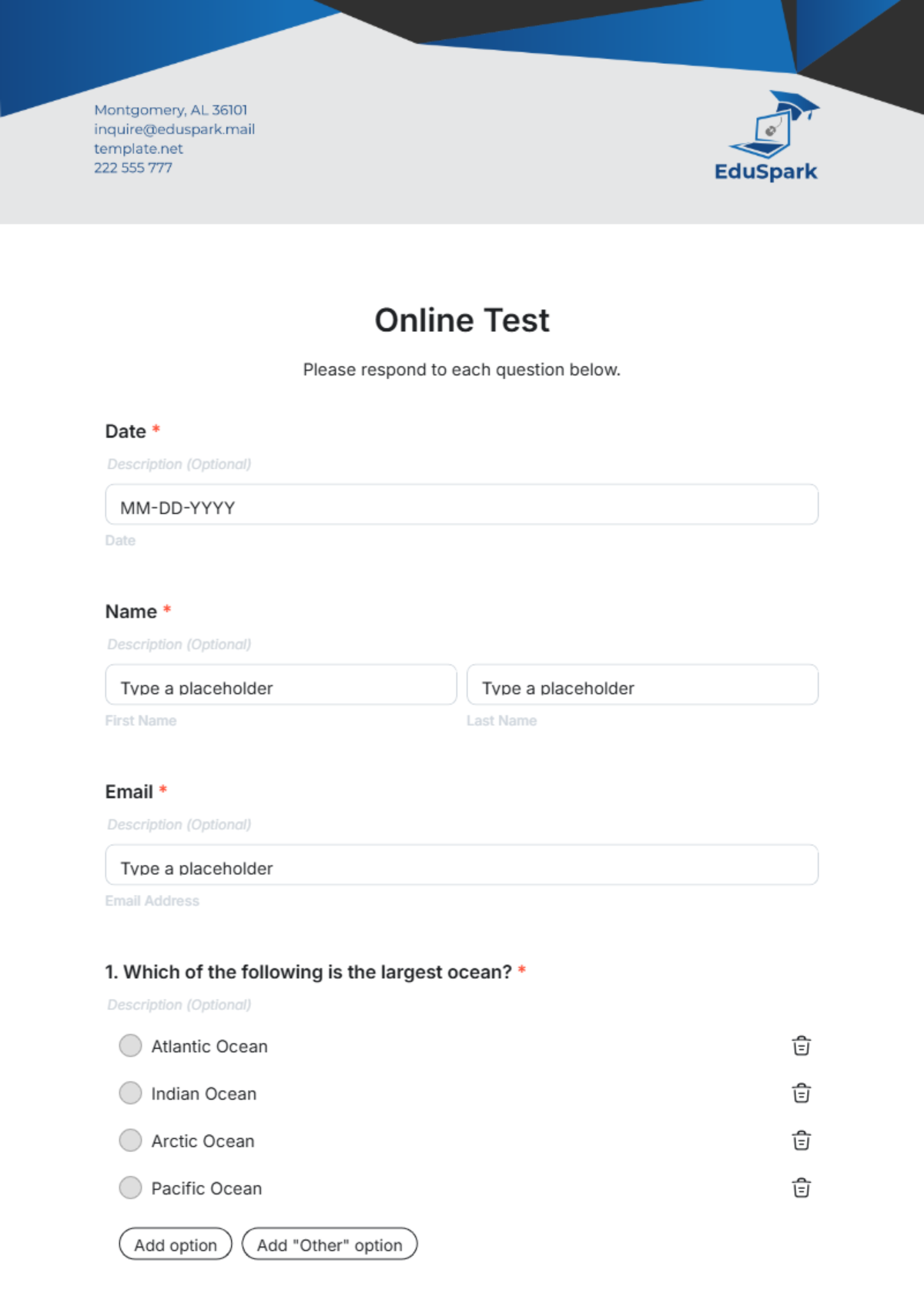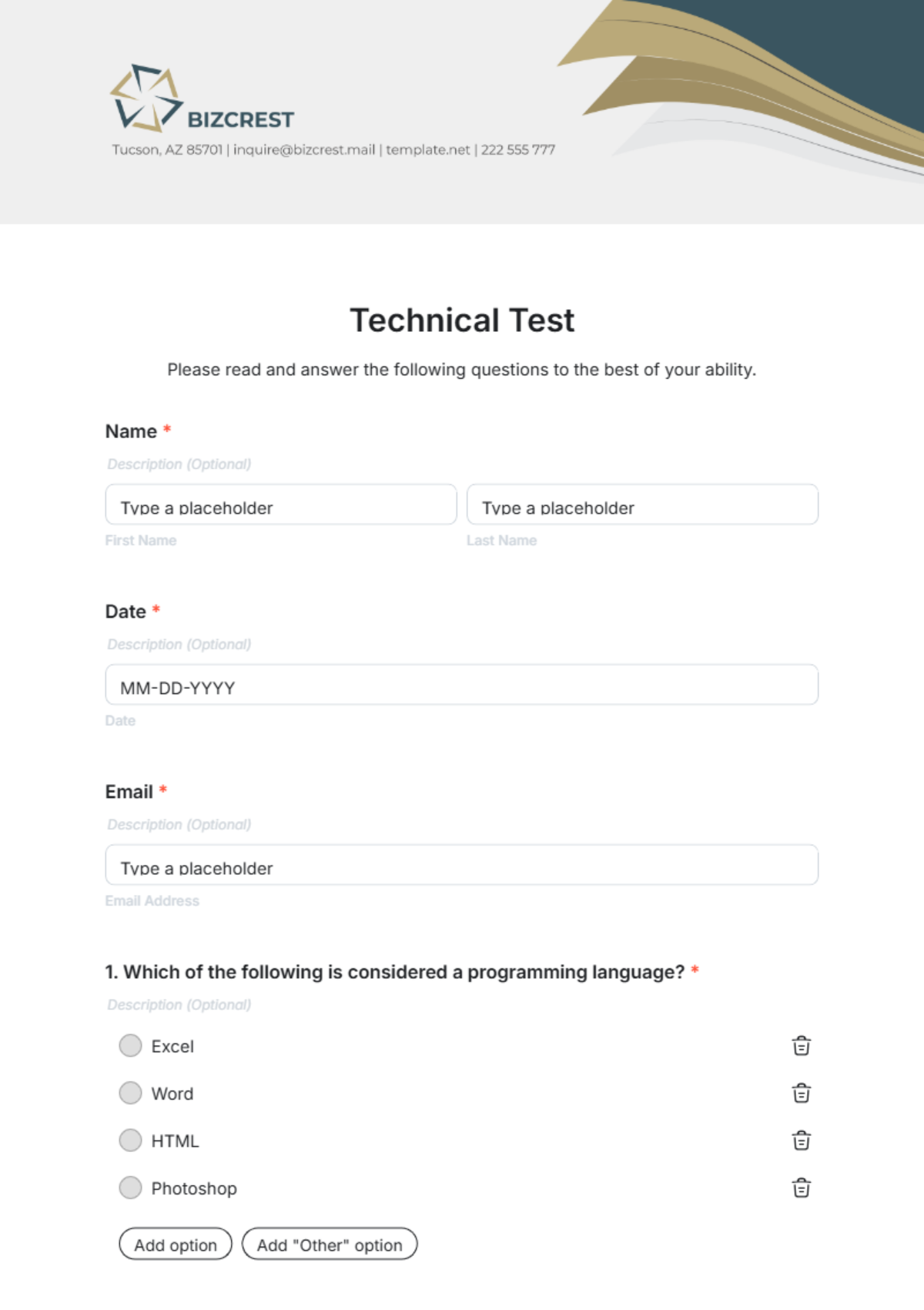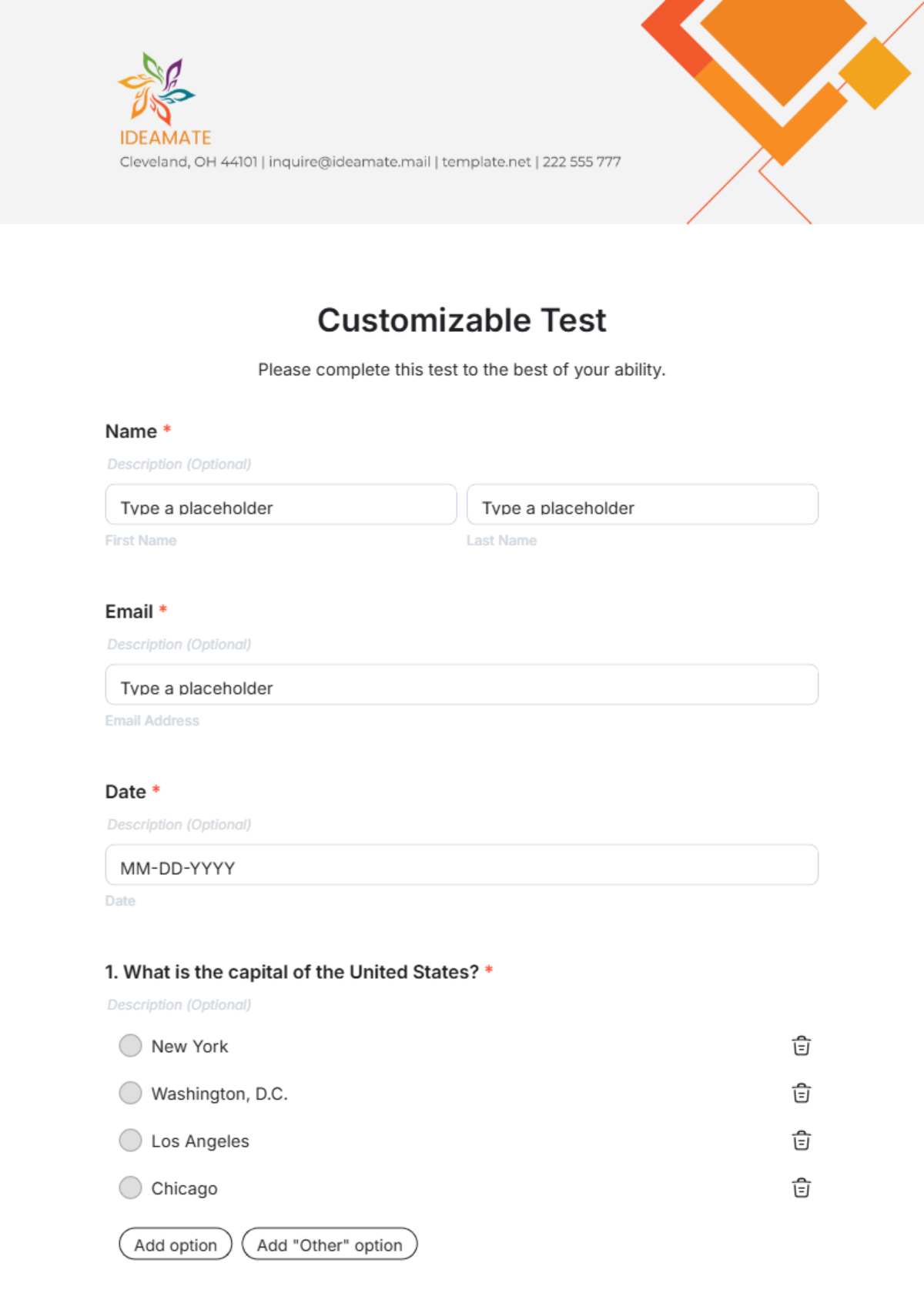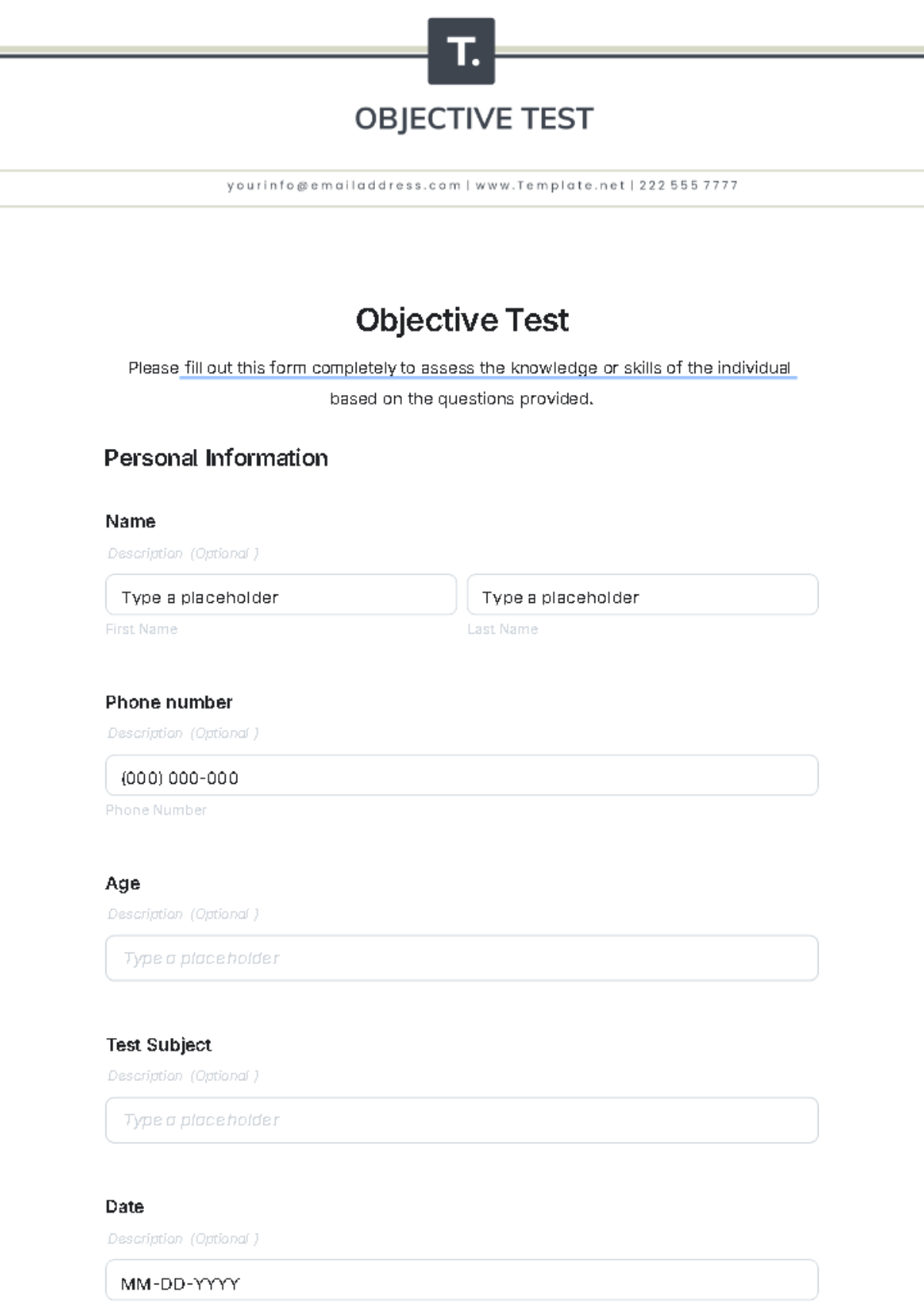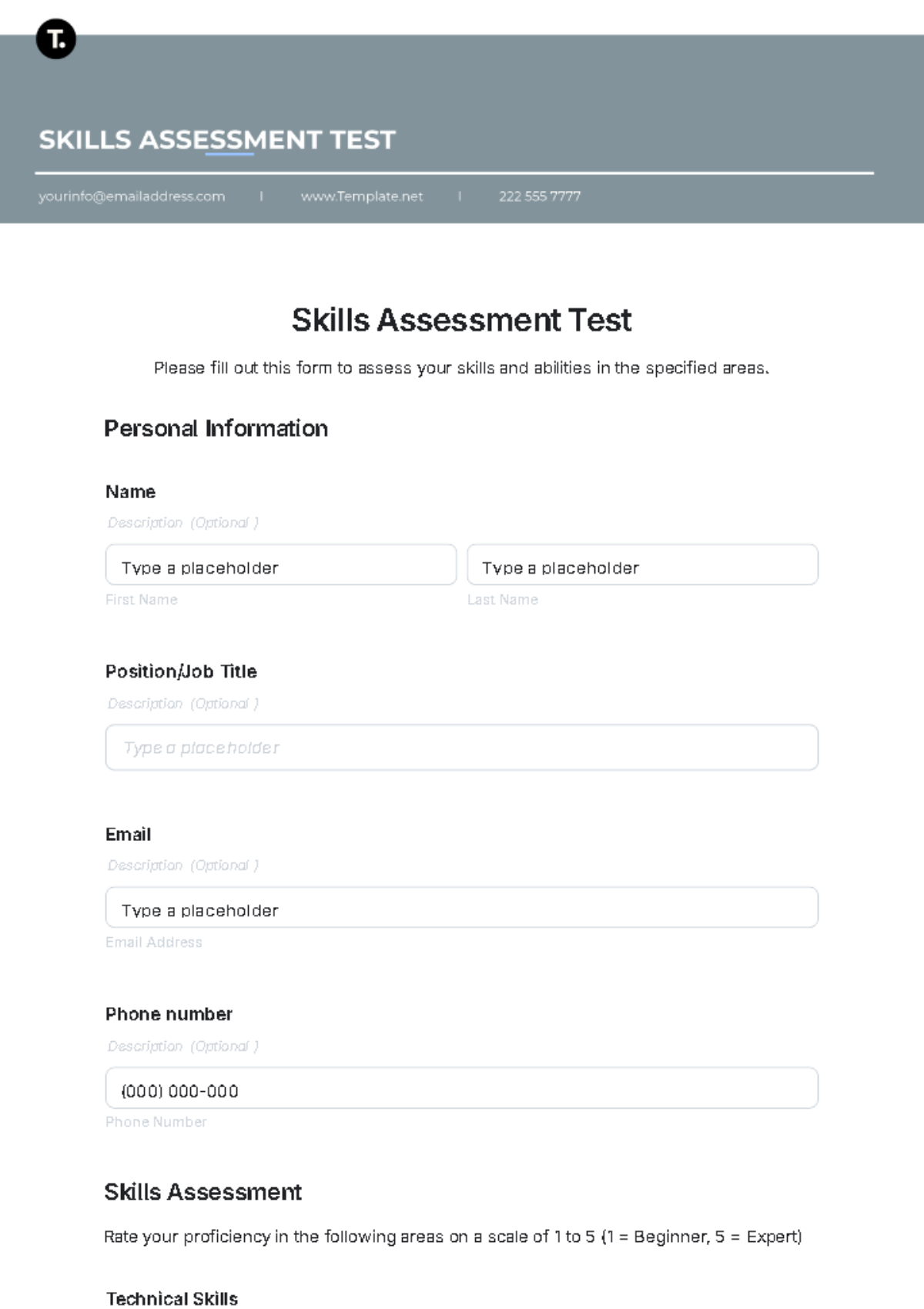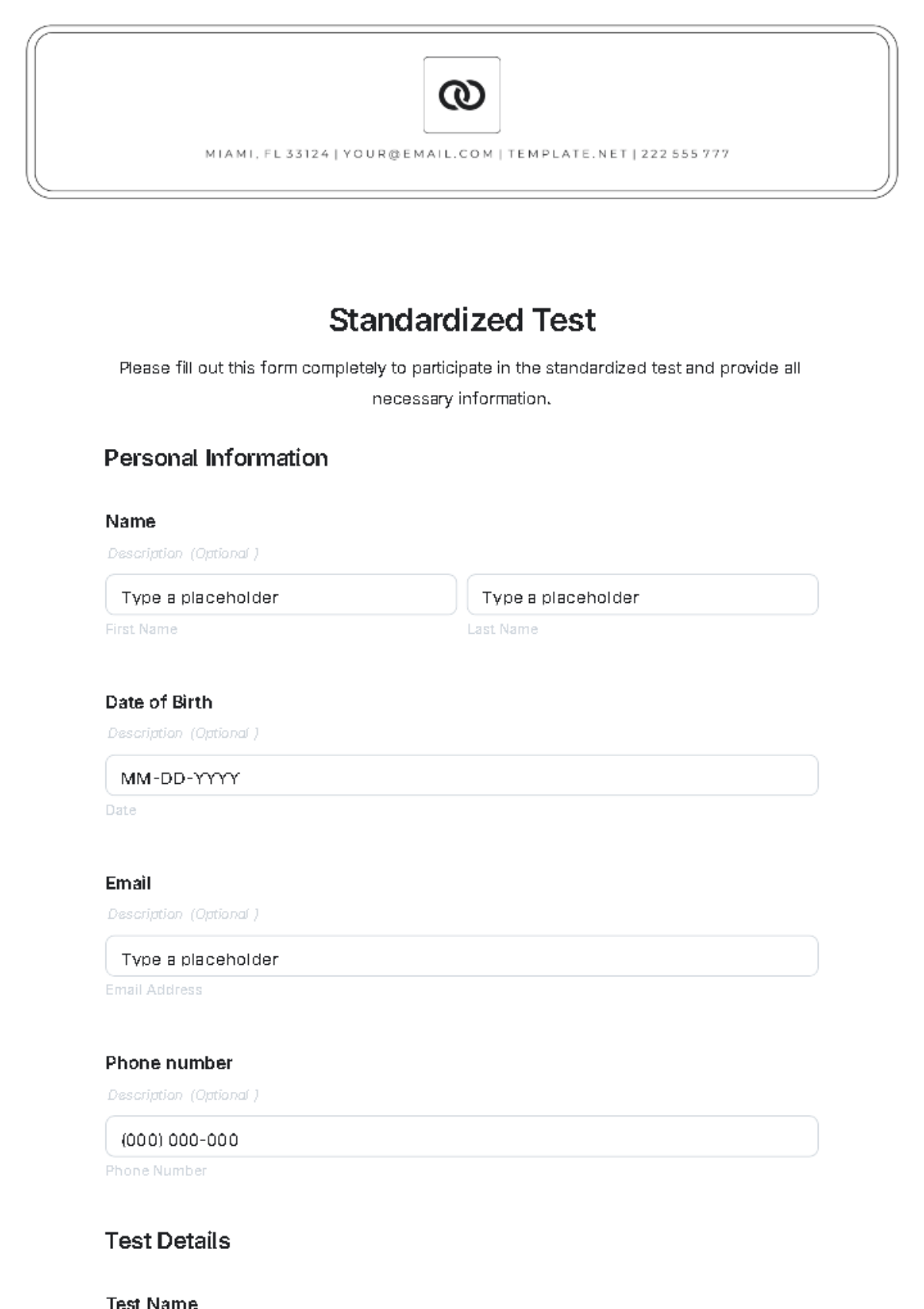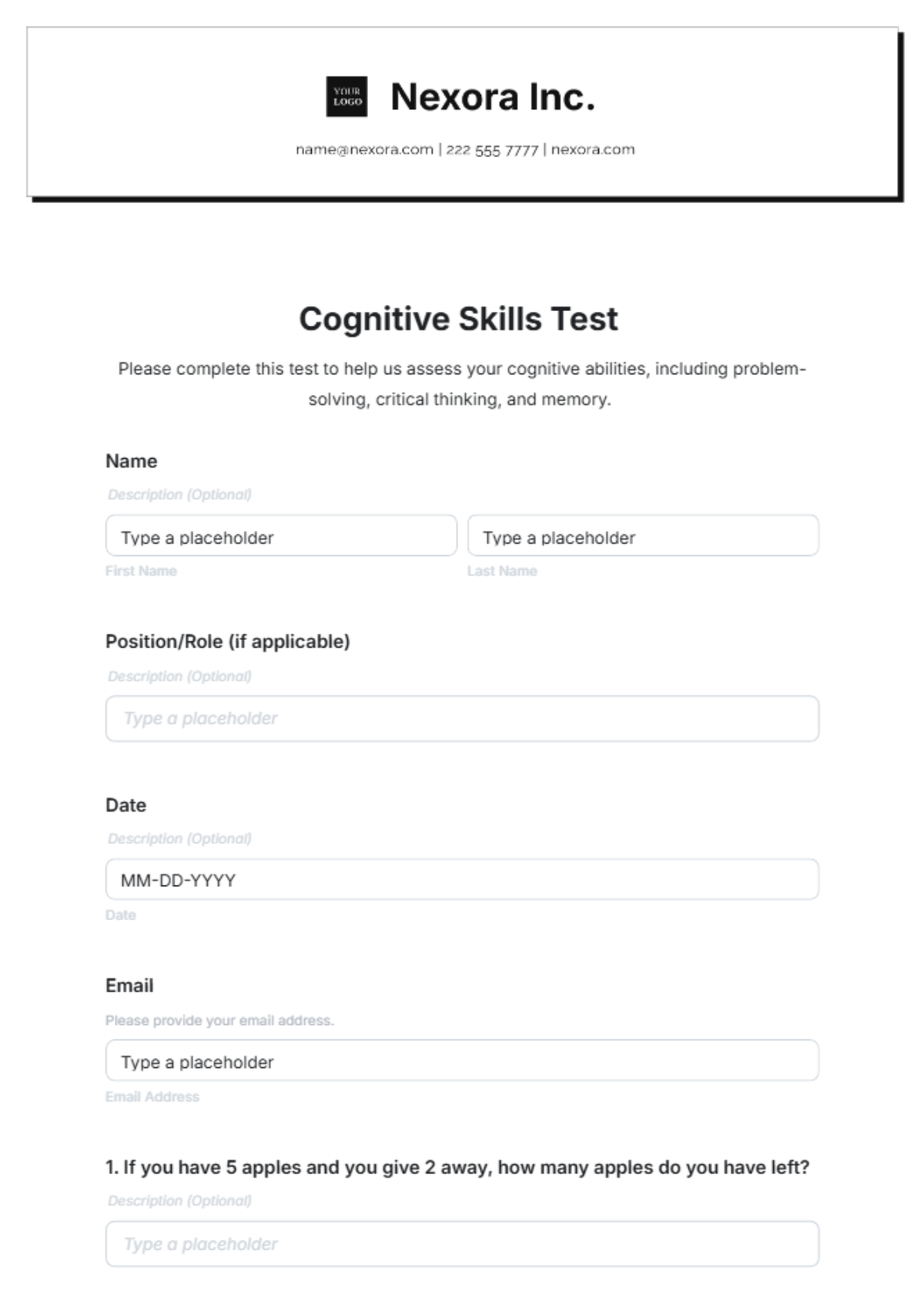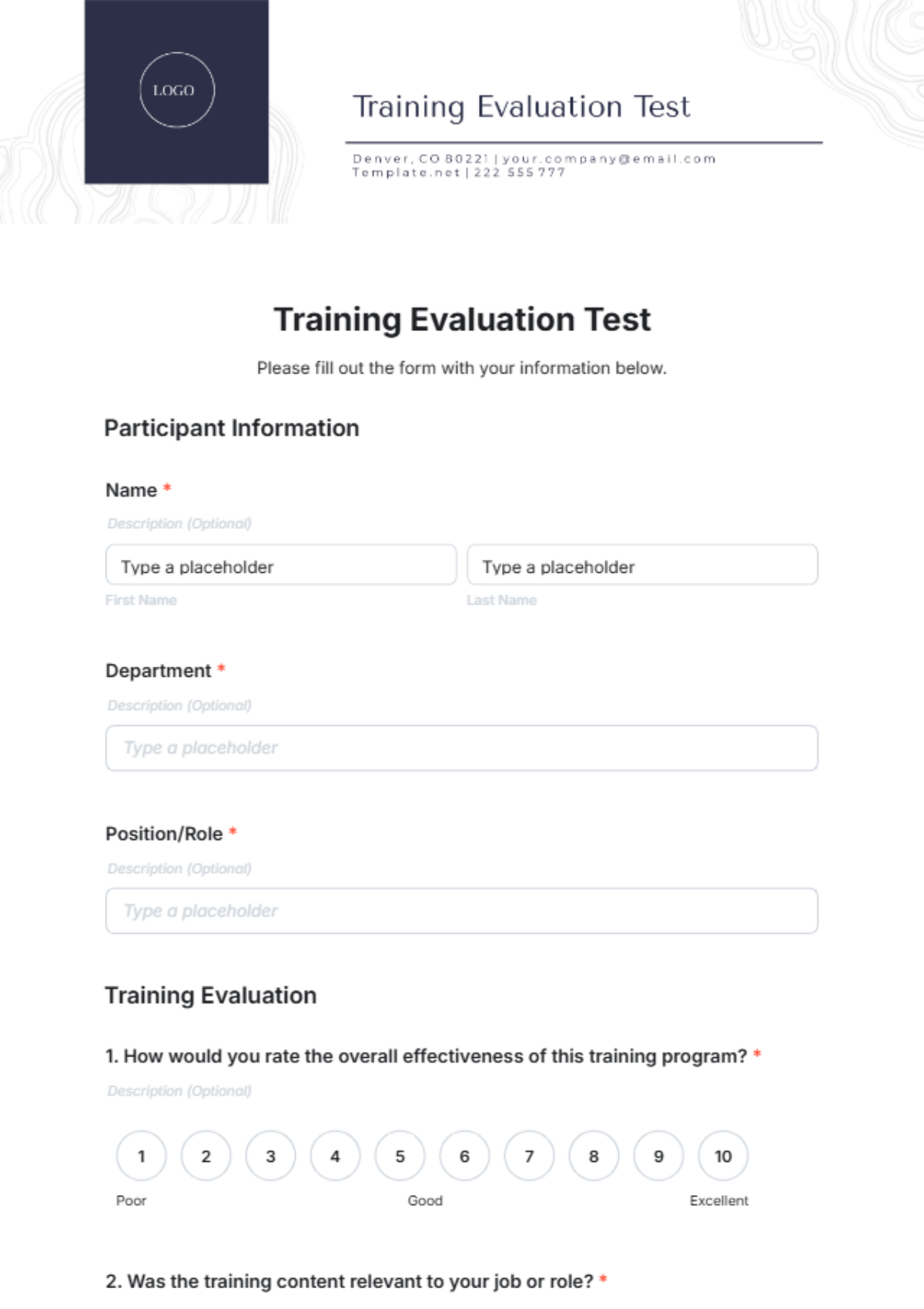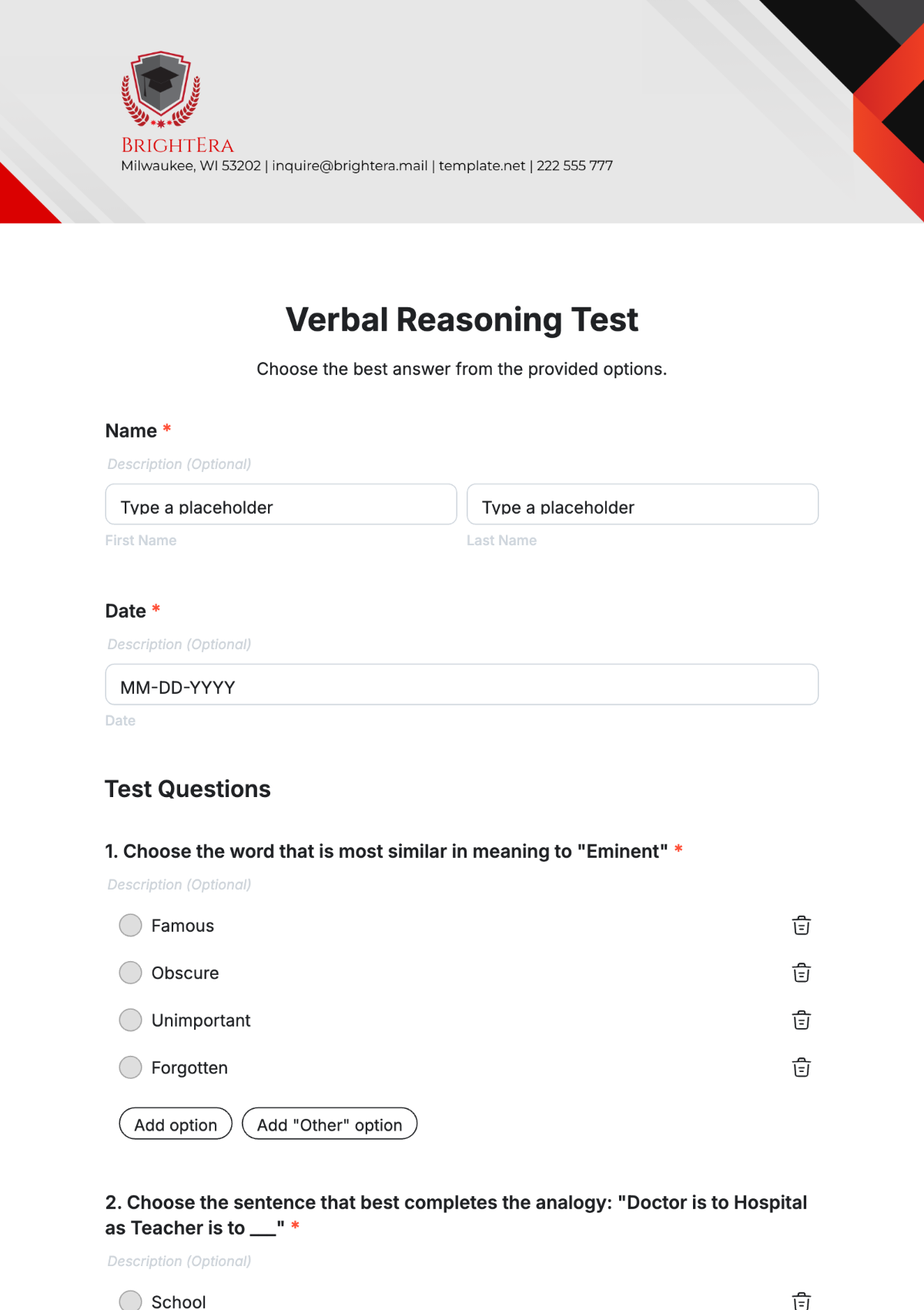Diagnostic Test Brief
Prepared by: [YOUR NAME]
Introduction:
The purpose of this diagnostic test brief is to provide a comprehensive overview of the Polymerase Chain Reaction (PCR) Test. This brief aims to equip readers with essential information about the test, its methodology, applications, and significance in various fields.
Overview:
The Polymerase Chain Reaction (PCR) Test is a molecular diagnostic technique developed by Kary Mullis in the 1980s. It serves as a valuable tool in detecting the presence of specific genetic material, typically DNA or RNA, in various biological samples. The test is designed to amplify a small segment of DNA or RNA to detect the presence of a particular sequence, thereby aiding in the diagnosis of infectious diseases, genetic disorders, and other conditions.
Methodology:
The PCR Test employs a cyclic process that involves three main steps: denaturation, annealing, and extension. During denaturation, the DNA strands are separated by heating. In the annealing step, primers bind to the complementary sequences flanking the target region. Finally, in the extension step, DNA polymerase synthesizes a new DNA strand using nucleotides, starting from the primers. This process is repeated for multiple cycles, resulting in exponential amplification of the target sequence. Rigorous quality control measures are integrated to ensure the reliability and accuracy of results.
Applications:
This table provides a concise overview of the various applications of the Polymerase Chain Reaction (PCR) Test, organized into specific categories.
Application | Description |
|---|---|
Clinical Diagnostics | Detection of infectious diseases such as COVID-19, HIV, and influenza. |
Diagnosis of genetic disorders and identification of genetic mutations. | |
Genetic Testing | Paternity testing and determination of familial relationships. |
Screening for hereditary diseases such as cystic fibrosis and Huntington's disease. | |
Forensic Analysis | Identification of suspects or victims based on DNA evidence. |
Matching biological samples to crime scene evidence. | |
Environmental Monitoring | Detection of microbial contamination in water, food, and soil samples. |
Monitoring of air quality for the presence of airborne pathogens. | |
Biomedical Research | Study of gene expression, regulation, and function. |
Investigation of genetic variability and disease mechanisms. | |
Development of novel diagnostic and therapeutic approaches. |
Significance:
The significance of the PCR Test lies in its ability to provide rapid and sensitive detection of specific genetic material. Some notable points include:
Facilitating early diagnosis and timely treatment of infectious diseases, thereby reducing transmission and improving patient outcomes.
Enabling personalized medicine through genetic profiling and targeted therapy.
Advancing scientific knowledge by enabling high-throughput analysis of genetic material in research settings.
Supporting public health initiatives such as disease surveillance and outbreak control.
Limitations:
Despite its efficacy, the PCR Test is not without limitations. Some important considerations include:
Potential for contamination leading to false-positive results.
Sensitivity to inhibitors present in the sample, affecting the accuracy of amplification.
The need for specialized equipment and trained personnel, limiting accessibility in resource-limited settings.
Inability to differentiate between live and inactive pathogens, requiring additional tests for confirmation.
Conclusion:
In conclusion, the Polymerase Chain Reaction (PCR) Test serves as a pivotal tool in clinical diagnostics, research, and various other fields. Its robust methodology, wide-ranging applications, and significant contributions underscore its importance in modern healthcare and scientific endeavors. By understanding its capabilities and limitations, stakeholders can leverage the PCR Test effectively to address various challenges and advance knowledge in their respective domains.
Contact Information:
[Your Name]
[Your Company Name]
[Your Company Email]
[Your Company Number]
Disclaimer:
This diagnostic test brief is intended for informational purposes only. Readers are advised to consult relevant experts or resources for specific guidance related to the application or interpretation of the PCR Test.
